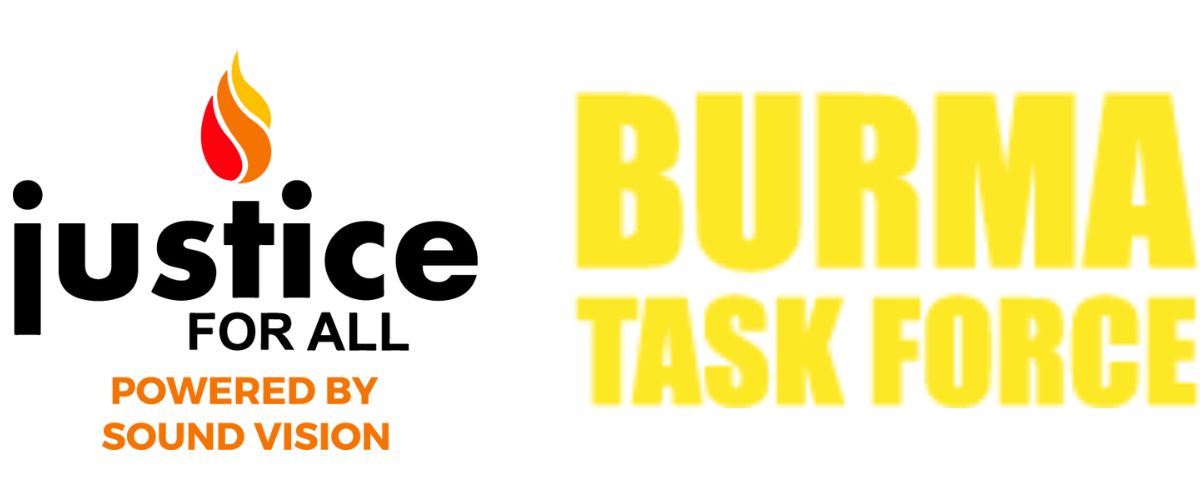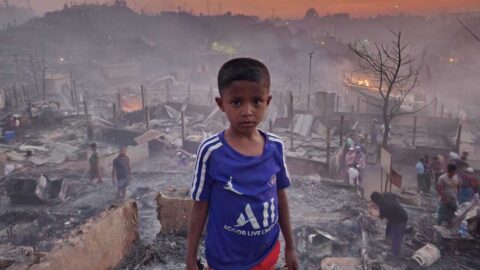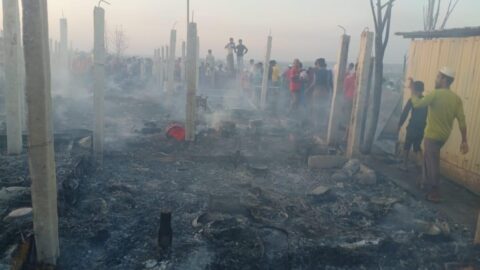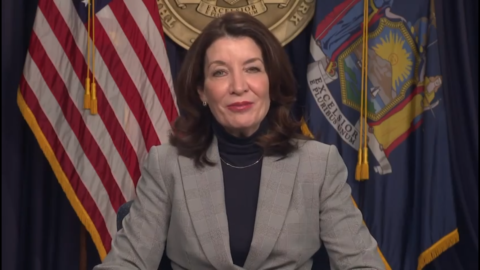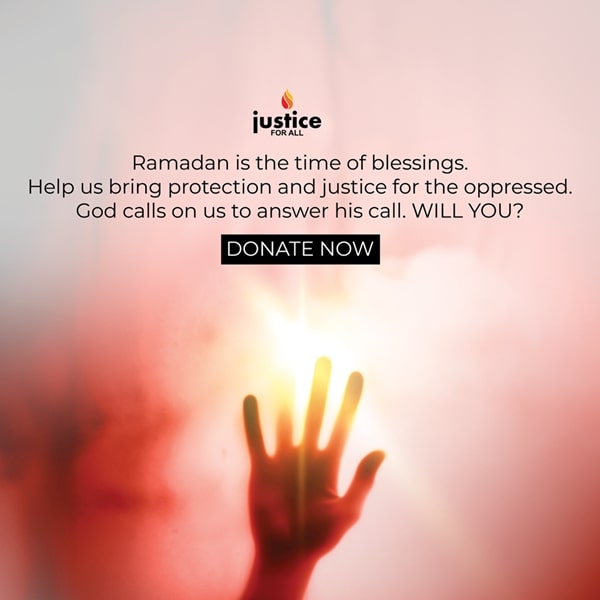According to Burma Task Force Staff on the ground, a massive fire swept through parts…
Khidmah Initiative’ and Community organizing in Minneapolis
Khidma has partnered with Masjid An-Nur’s Al Maauun to deliver aide to the community. Al Maauun collects funds and packages food and essential items and Khidma volunteers deliver these items to families.
Guest:
Hannan Wazwaz is one of ‘Khidmah Initiative’s’ founders. Khidma is an emergency delivery service project started by various members of the MN Muslim community to deliver food and essential supplies to those most vulnerable in our community in times of need. The work they do is possible through a network of volunteers and partnerships with local organizations.
Muhammad Yusuf is a brand strategist from Minniapolis, MN. He represents Sudani American Collective, a youth-led organization that started in response to last year’s Sudanese Revolution, but continued after that to help the local MN community, and non-profit work in Sudan.
Questions and Answers
Tell me more of what emergency services means.
Basically, Khidma started as a result of the COVID situation when we were asked to stay home and socially distance, and where most of our businesses and community resources were shut down. Khidma came together with a group of friends that thought of creative ways that we could go about delivering resources to the most vulnerable people in the community so they did not have to put themselves at risk. It is a delivery service in an emergency situation. We might become a non-profit in the future, but right now we partner with almost 16 non-profits in the community.
What were some of the first responses that you were able to get done in Minniapolis?
Recent events have created a situation where people were cooped up in their houses for three months, but now, all of a sudden, the sanctions on going outside have been lifted. Now it has gone into people getting outside to be a part of protests and the change in the city. There has been a lot of destruction around the city. Regardless of who committed it, we still need to bring the city back to normal.
Tell us some stories from the ground.
Being in the COVID first stages, people that are having a tough time like the elderly, those with young children, those that rely on bus transportation that can’t get out. The stories that are local to them are closed so they cannot get the supplies they need. The way our delivery works is to be very discreet, so personal interactions are not happening.
How does using the application work?
The application clusters addresses based on proximity and volunteers get a series of addresses to deliver to. They can then mark when they arrive and depart the location and Al-Mauun can take that information and see what capacity they can handle and what logistics need to be addressed.
With the impersonal aspect, rather than a missionary attitude or a “savior mentality,” how do you maintain the aspect of a community coming together in a difficult time?
The area has a lot of diversity, and we have all been kind of integrated into each other’s community. Even if we have majority ethnicity mosques, we feel comfortable going to other mosques, especially more so in our organizations. People from all areas come together to assist as Muslims. Our commitment to Islam shines when we are able to cross those cultural divides and jump in wherever needed.
What are some good practices you’ve seen, and what are some things that definitely need improvement?
With every single bad example that goes out into the world, there’s a thousand examples that aren’t talked about. The people who work on preventative measures aren’t celebrated, just those that come in to fix the problem. There are some cases of tension, but us as humans sometimes make a mistake and look out only for our own or ourselves. There was an example of a family’s furniture shop was destroyed, and their GoFundMe was donated to by people of all races and faiths. There are examples of cars lined up for blocks just to donate to a school. Even when someone tried to drive through the protest, we protected the driver because we did not want to practice the same behavior that the officers were. We are not judge, jury, and executioner.
What do you see as a path forward to preventing this type of incident in the future inshaAllah?
In this case there are a lot of points where people do not know the full story. The 911 call that started at the store was not initiated by the owner, but because of what the media circulates, people do not know that the owner was not even present in the store. Each state dictates protocol for how to handle counterfeit money being presented to track the production and make sure it isn’t coming in large amounts. The store had previously called in counterfeit money uses and the police came to question the person. It was, therefore, not in their mind that the police would come and execute someone for this.
The solution should be to change the policies on who shows up to respond to the calls for counterfeit.
What are some of the similarities and differences that you have seen in the Sudanese revolution and in the U.S. revolution?
The Sudanese revolution was peaceful from start to finish. But, even if the revolution in the U.S. may have started peacefully, there were agents and events that made it clear that that was not going to be sustainable.
There are beautiful things coming out of the difficult times. Art and charity were some of the things to come out of the Sudanese Revolution.
There are similarities in the social media response. The pfp colors and information spreading about the issues that need to be solved is showing that people are waking up to injustices that need to be changed.
Quotes and Hashtags
- The Sudani-American Collective organized a cleanup in one of the most heavily hit areas in the city. For days after the protest, people of all backgrounds would go out into the area and clean. After they cleaned, the SAC worked with a local waste management group and organized three trucks to take the garbage out of the city. #ComeTogetherAndConquer
- At one point there was a group of national guardsmen that came with their brooms to help with the cleanup. #PeopleOverPolitics
- We were organized virtually during the toughest days after the incidents, when the curfews were very strict, to see how we would go from there.
- The community came together and decided that Masjid An-Nur, that served a large portion population of African American Muslim, which has an organization called Al-Mauun, would take that leadership to take the initiative on this specific matter and we would partner with them and support them.
- We would deliver whatever the community was bringing in. This included non-essential items, health and hygiene items, and food and baby formula. #ComeTogether
- We all realize that Islam is higher than anything else. It is higher than our skin color, it is higher than our culture, it is higher than where we are born or where we live now. #OneUmmah
- Unfortunately, there is going to be racism in the world, but the most important thing to take away is to make sure, as an ally of our brothers and sisters in the Black community, to stand out against racism and tell anyone we are in contact with that we will not tolerate it. #EducateAdvocateCooperate
- Just because it is not you today, does not mean it could not be you tomorrow. We live in a world where people feel uncomfortable calling the police because we know they are not always there to help, or they will blame the victim. We need police reform so that people can call for help and trust that the law will come to serve and protect. #TrulyServeAndProtect
- Police are in a system that brings out the bad officers. Lawyers have to go through extensive training and schooling to practice law, but there is a relatively short academy to become police. #ReformPolice #NoMoreArmyCops
- In a non-covid, non-protest world, we would want to keep serving and helping the community with the delivery.
- We have now seen where the disparities are. Even after the protests die down and lockdowns are lifted, the disparities will not go away. We need to always keep them in focus so that we can really work to eradicate them.
